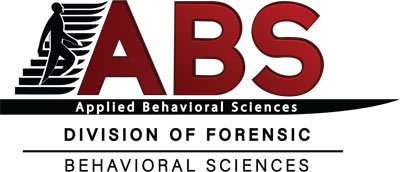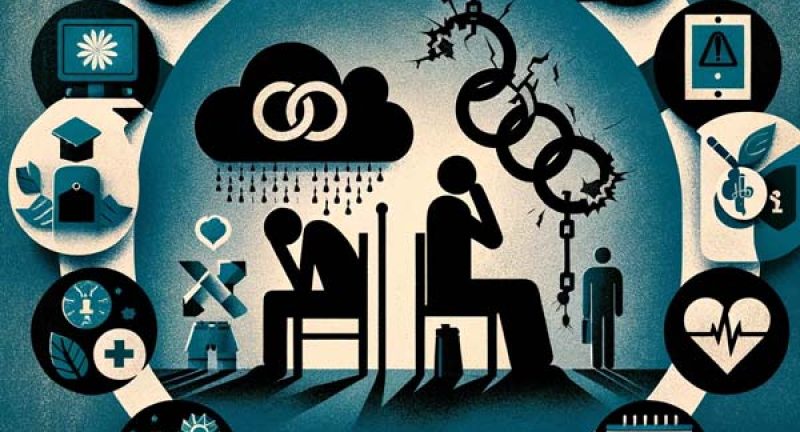
Help for Pornography and Sex Addiction: A Guide to Self-Help and Professional Support through Applied Behavioral Sciences
Acknowledging and seeking help for pornography and sex addiction is a crucial step toward recovery. This article explores a dual approach—self-help strategies and professional assistance—highlighting the resources available through Applied Behavioral Sciences (ABS) at ABSbehavioralHealth.com
Self-Help Strategies:
- Educate Yourself:
– Gain insights into the nature of addiction and its impact on mental health through reputable sources, books, and online materials.
– Explore resources that provide guidance on overcoming pornography and sex addiction.
- Self-Reflection:
– Engage in honest self-reflection to identify triggers and underlying emotional issues contributing to the addiction.
– Maintain a journal to track thoughts and feelings associated with addictive behaviors.
- Establish Healthy Habits:
– Cultivate positive habits, including regular exercise, mindfulness, and sufficient sleep, to support overall well-being.
– Create a structured daily routine to minimize idle time that may lead to relapse.
Professional Help through Applied Behavioral Sciences:
- Visit ABSBEHAVIORALHEALTH.COM:
– Navigate to the official website of Applied Behavioral Sciences (ABS) to explore the array of services offered for addiction treatment.
– Gain insights into the ABS approach to behavioral health and addiction recovery.
- Contact Applied Behavioral Sciences:
– Utilize the contact information provided on the website to reach out for assistance.
– Engage with the responsive and knowledgeable staff at Applied Behavioral Sciences to discuss personalized treatment options.
- Comprehensive Assessment:
– Applied Behavioral Sciences conducts thorough assessments to understand the unique aspects of each individual’s addiction.
– Professionals at ABS work with clients to develop tailored treatment plans.
- Evidence-Based Therapies:
– ABS employs evidence-based therapeutic approaches, such as cognitive-behavioral therapy (CBT) and dialectical behavior therapy (DBT), to address the root causes of addiction.
– Specialized therapists guide clients through the recovery process with empathy and expertise.
- Group and Individual Counseling:
– Benefit from both group and individual counseling sessions to address personal challenges and connect with others going through similar experiences.
– Applied Behavioral Sciences fosters a supportive community environment.
- Family Involvement:
– Recognizing the impact of addiction on families, ABS encourages family involvement in the recovery process.
– Family therapy sessions can strengthen communication and understanding.
- Aftercare and Support:
– Applied Behavioral Sciences provides aftercare and ongoing support to prevent relapse and promote sustained recovery.
– Alumni programs and community resources contribute to a continuum of care.
Overcoming pornography and sex addiction involves a combination of self-help strategies and professional support. Applied Behavioral Sciences (ABS) offers a comprehensive and compassionate approach to addiction recovery, addressing the unique needs of each individual. By taking the first step toward seeking help, individuals can embark on a journey of healing, growth, and lasting change. Visit ABSbehavioralHealth.com to explore the resources available and initiate your path to recovery.
Related Posts
10 Symptoms of Sex Addiction: When Desire Becomes a Compulsion
Sexuality is a natural and healthy aspect of human life. However, for some...
10 Effective Ways to Motivate Someone to Quit Marijuana
Quitting marijuana can be a challenging journey for many, but with the right...


